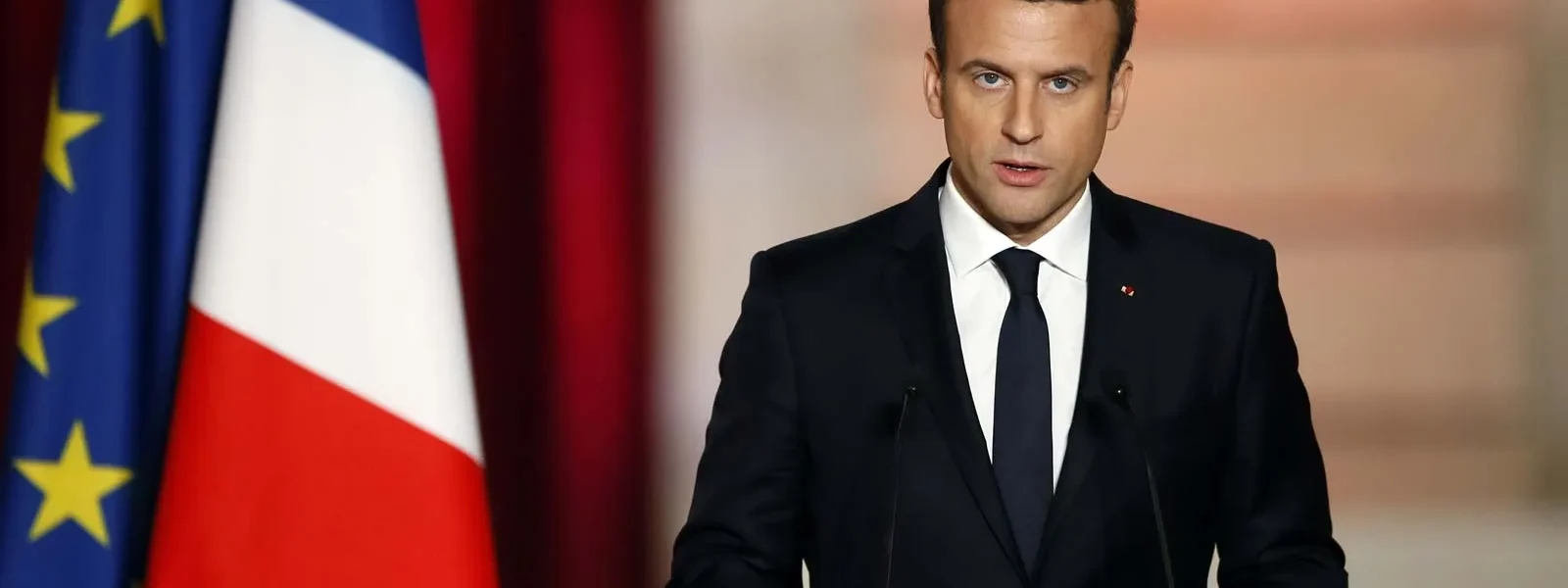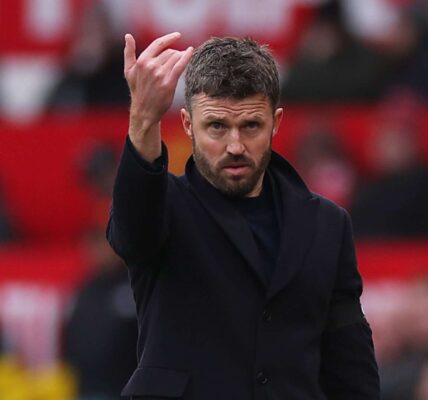France — once a cornerstone of Europe’s economic strength — is now struggling under the weight of political instability and financial strain. The nation’s economy is faltering, its debt is ballooning, and the government has seen five prime ministers come and go in less than two years.
President Emmanuel Macron has asked outgoing Prime Minister Sébastien Lecornu to lead emergency talks in a last-ditch effort to pull France out of this deepening crisis.
A Promise of Renewal That Faded
Back in 2017, Emmanuel Macron burst onto the political scene promising a “democratic revolution.” He vowed to bridge the divide between the left and the right — a bold, centrist vision that energized France and Europe alike.
Eight years later, that optimism has faded. Macron now stands on uncertain political ground, with his seventh prime minister since taking office stepping down and his government struggling to function amid growing public anger.
A Nation Drowning in Debt
France’s financial troubles are staggering. The national debt has soared to 114% of GDP, amounting to roughly $3.9 trillion. The annual deficit now sits around 5.8%, and the cost of servicing that debt — the interest payments alone — will reach $70 billion this year.
That figure surpasses what France spends on nearly everything except education and defense.
Despite this heavy spending, the nation’s hospitals remain understaffed, universities underfunded, and many citizens feel poorer than ever.
Economists call it “the French paradox” — a welfare state that spends more than most European nations but still struggles to meet the needs of its people.
A Broken Political Landscape
The current crisis began with Macron’s high-stakes gamble in 2024, when he dissolved parliament in hopes of securing a stronger mandate. Instead, he triggered a three-way deadlock between the far-right National Rally, the left-wing France Unbowed, and his own centrist bloc.
No side has enough votes to govern alone, and each alliance collapses under the weight of its rivals. Prime ministers have become disposable — with five resigning in just two years.
An Economic Model in Decline
For decades, successive French governments have sought to maintain social peace through massive public spending — subsidies, benefits, and job protections. But this model is reaching its breaking point.
France spends over $250 billion every year subsidizing businesses to hire workers. Yet its strict labor laws make it hard to fire anyone, discouraging new hires and leaving unemployment stubbornly high.
Meanwhile, inflation, sluggish wage growth, and persistent strikes have left many questioning whether the French state can still deliver on its promises.
A Crisis of Confidence
Macron is accused of ruling by decree from Paris while ignoring the concerns of rural France. Protests erupt at the first sign of reform — from fuel taxes to pension changes — paralyzing the country’s streets and transport systems.
Headlines now call France “the sick man of Europe.” The country has lived beyond its means for decades, and few seem willing to face the reckoning ahead.
Yet analysts say this is not another Greece. France will not default tomorrow — but the real crisis goes deeper than economics. It’s about belief: belief that the French state can still provide stability and prosperity.
Unless that confidence is restored, no budget cuts, bailouts, or reshuffled cabinets will save it.
Because sometimes, as the report concludes — “the biggest revolutions are the ones that don’t happen.”





